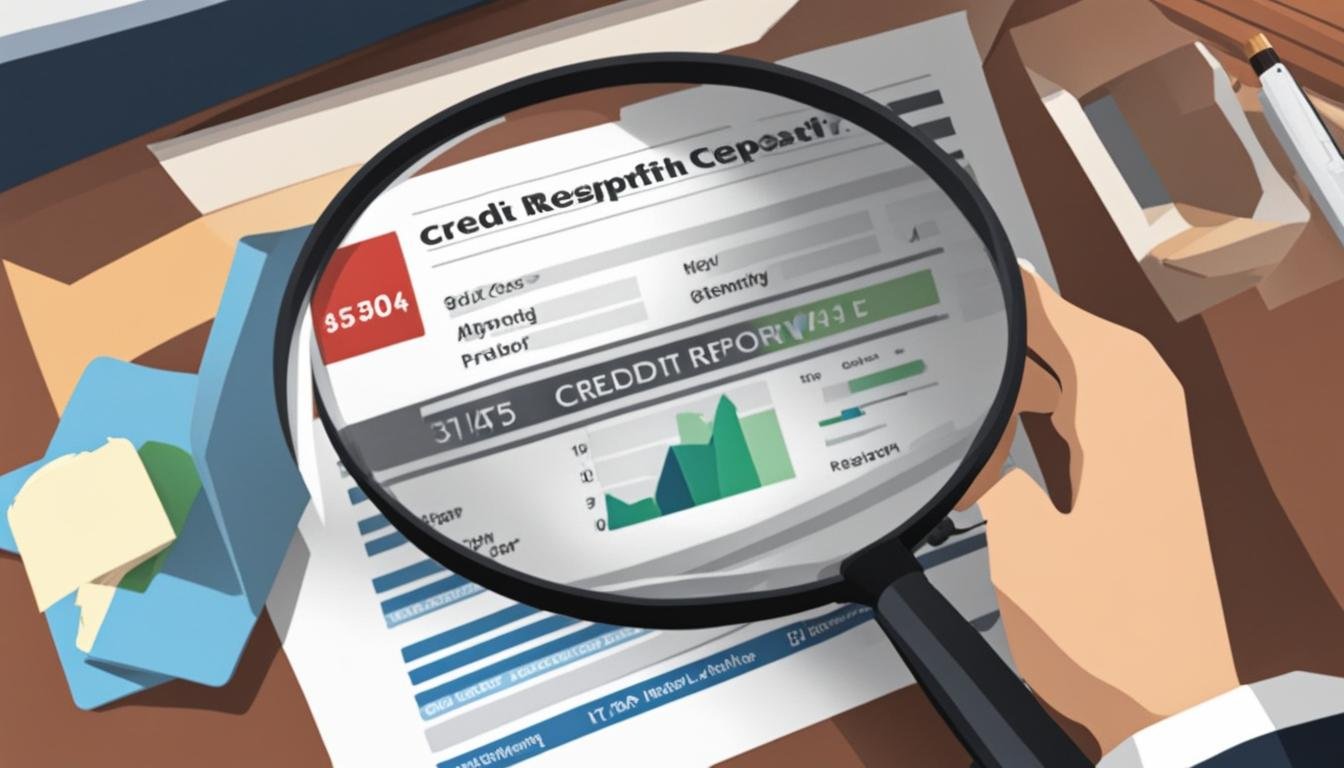Are you looking to boost your credit score and improve your financial health? If so, you’re in the right place. Your credit score plays a vital role in determining your eligibility for loans, credit cards, and other financial opportunities. Fortunately, with the right strategies and a little effort, you can see significant improvements to your credit score in just one year.
Improving your credit score is essential for achieving your financial goals and securing a brighter future. Whether you’re planning to buy a home, start a business, or simply want to have better financial options, taking steps to improve your credit score is a wise decision.
So, how can you go about improving your credit score in a year? Let’s explore some effective strategies that can help you on this journey:
Key Takeaways:
- Improving your credit score is achievable within a year if you implement the right strategies.
- Having a higher credit score opens up better financial opportunities and loan options.
- By understanding the importance of a good credit score, you’re more likely to take action to improve yours.
- To build good credit, make timely payments, keep credit utilization low, and minimize new credit applications.
- Regularly reviewing your credit report and addressing any errors can also help improve your credit.
Steps to Improve Your Credit Scores
Improving your credit score requires taking specific steps tailored to your unique credit situation. However, there are general steps that can benefit almost anyone looking to improve their credit scores. These steps include:
- Pay your bills on time: Late payments can negatively impact your credit score. Set reminders or automate payments to ensure you never miss a due date.
- Reduce credit card balances: High credit card balances can hurt your credit utilization ratio. Aim to keep your balances below 30% of your credit limit.
- Limit new credit applications: Applying for multiple new credit cards or loans within a short period can lower your credit score. Only apply for credit when necessary.
- Review your credit reports: Regularly check your credit reports for errors or discrepancies. Dispute any inaccuracies to ensure your credit score reflects accurate information.
- Diversify your credit mix: Having a mix of different types of credit, such as credit cards, loans, and a mortgage, can positively impact your credit score.
- Keep old accounts open: Closing old accounts can shorten your credit history, which may negatively affect your credit score. Keep your oldest accounts open, even if you don’t use them frequently.
- Monitor your credit utilization ratio: Aim to keep your credit utilization ratio below 30%. This ratio compares your total credit card balances to your total credit limits.
- Use credit responsibly: Demonstrating responsible credit usage over time can positively impact your credit score. Make timely payments and avoid maxing out your credit cards.
By following these steps and staying committed to improving your credit, you can boost your credit score and improve your financial well-being.
| Credit Score Improvement Tips | Importance |
|---|---|
| Pay bills on time | Timely payments contribute to a positive payment history, which is a significant factor in credit score calculations. |
| Reduce credit card balances | Lowering credit card balances can improve your credit utilization ratio and overall creditworthiness. |
| Limit new credit applications | Applying for multiple new credit accounts within a short period can indicate financial instability and negatively impact your credit score. |
| Review credit reports | Regularly monitoring your credit reports helps identify errors or fraudulent activity that could harm your credit score. |
| Diversify credit mix | Having a mix of credit accounts, such as credit cards, loans, and a mortgage, shows responsible credit management. |
| Keep old accounts open | Long-standing accounts demonstrate a lengthy credit history, providing a positive impact on your credit score. |
| Monitor credit utilization ratio | Keeping credit card balances low relative to your credit limit helps maintain a healthy credit utilization ratio. |
| Use credit responsibly | Practicing responsible credit behavior, such as making on-time payments and avoiding excessive debt, improves your creditworthiness. |
Why Does a Good Credit Score Matter?
A good credit score is crucial for gaining access to better financial opportunities. Lenders use credit scores to evaluate your creditworthiness and determine your eligibility for loans and lines of credit. But why does it matter so much?
First and foremost, a good credit score opens doors to lower interest rates. Whether you’re applying for a mortgage, car loan, or credit card, having a higher credit score can potentially save you thousands of dollars in interest over time. It shows lenders that you have a history of responsible credit management, making you a less risky borrower.
Additionally, a good credit score can help you secure higher credit limits. This allows you to have more available credit, which can be useful in emergencies or for larger purchases. It also improves your credit utilization ratio, which is the percentage of available credit you’re using. A lower ratio indicates responsible credit management and can boost your score even further.
“Having a good credit score is like having a financial safety net. It gives you the ability to navigate unexpected expenses and take advantage of opportunities without the stress of high interest rates or limited credit options.”
A good credit score also plays a role in other aspects of your financial life. For example, it can impact your ability to rent an apartment, as landlords often check credit scores as part of the application process. Some employers even consider credit scores when making hiring decisions, particularly for roles that involve financial responsibilities.
Ultimately, maintaining a good credit score is essential for financial success and flexibility. By following the right credit score improvement strategies and applying credit score tips, you can gradually boost your score over time, opening up a world of better financial opportunities.
Key Benefits of a Good Credit Score
| Benefits | Description |
|---|---|
| Access to lower interest rates | A higher credit score can save you thousands of dollars in interest over time. |
| Higher credit limits | A good credit score allows you to have more available credit for emergencies and larger purchases. |
| Improved credit utilization ratio | A higher credit score means a lower credit utilization ratio, indicating responsible credit management. |
| Positive impact on renting and employment | A good credit score can help you secure rental agreements and may even be considered by some employers. |
How to Build Good Credit
Building good credit is a crucial step towards financial stability and securing better financial opportunities. While it may take time and dedication, implementing the right strategies can help you improve your credit score and strengthen your financial standing in the long run. Here are some steps you can take to build good credit:
1. Pay your bills on time: Consistently making your payments on time is one of the most effective ways to boost your credit score. Set up automatic payments or reminders to ensure you never miss a due date.
2. Reduce your debt: High levels of debt can negatively impact your credit score. Work on paying down your existing debt by making extra payments whenever possible and keeping your credit utilization ratio low.
3. Diversify your credit mix: Having a mix of different types of credit, such as credit cards, loans, and mortgages, can demonstrate your ability to manage different forms of credit responsibly. However, make sure to only take on credit that you can comfortably manage.
4. Monitor your credit reports: Regularly check your credit reports for errors or discrepancies that might be negatively impacting your credit score. Dispute any inaccuracies you find and keep track of your progress as you work towards credit score improvement.





